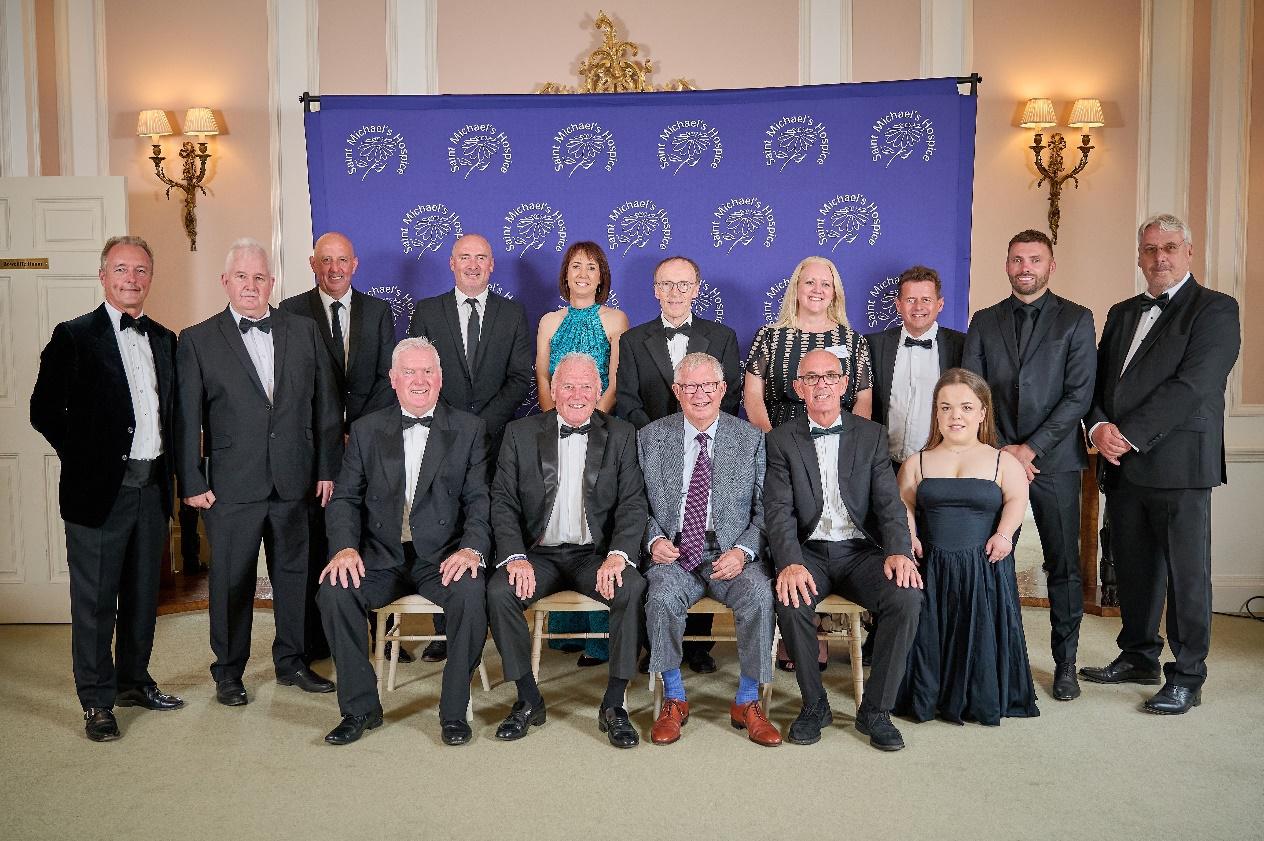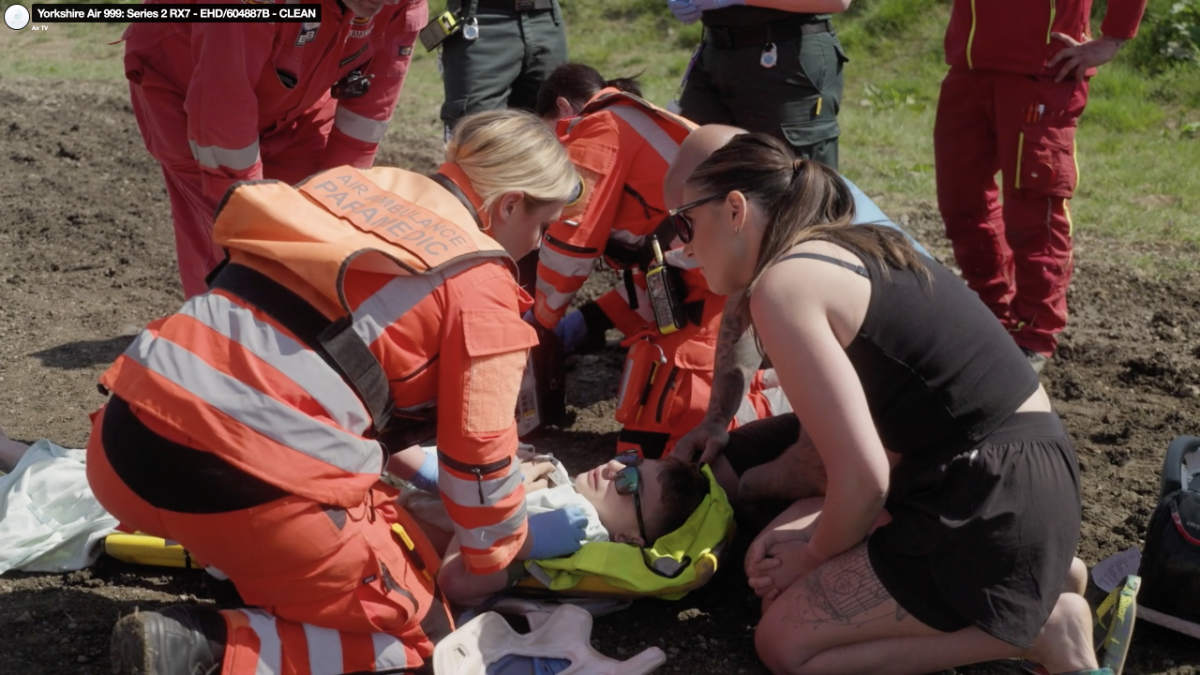Horse racing, a time-honoured tradition, has long been woven into the fabric of British culture and history. From its humble beginnings on open fields to the grandeur of today’s racetracks, the sport has seen a remarkable evolution throughout the ages. With the thunderous gallop of hooves and the excitement of spectators, horse racing is more than just a sport in the United Kingdom – it’s a celebration of heritage, passion, and outstanding equine prowess.
In this journey through time, we’ll delve deep into the emergence of horse racing in the UK, highlighting some of the most legendary racecourses and the pivotal moments in history which have shaped this quintessentially British pastime.
The origins of horse racing in the United Kingdom
Horse racing in the UK can be traced back to ancient times. The Romans, with their love for chariot racing, introduced horse-related sports to the British Isles during their occupation. However, the modern form of the sport began to take shape in the early 12th century, when English knights returned from the Crusades with swift Arabian horses. These horses, when bred with local mares, produced an exceptional breed that was both fast and resilient.
The influence of the royal family
It is reported that the first recorded horse race in the UK occurred in 1174 when Henry II reigned. It would be hundreds of years later before trophies were actually given out to those who won horse races. In the 1600s, the reign of Charles II would have the King holding races between just two riders which were held on private courses.
As horse racing developed over different royal reigns, it would lead to new ways of becoming involved in the races that took place – such as placing bets on racing. This would occur during Queen Anne’s reign where several horses would take part in a race, spectators could place bets, and racing with horses would become a professional sport.
Once recognised as a sport, many racecourses were founded in the UK including Ascot which was founded by Queen Anne herself in 1711.
Racing events named after royals
As well as royal approval on racing, some race events have even been named after royals as well. For example, there is the Queen Elizabeth II Stakes which is a flat horse race run at Ascot each year. There is also the King George VI Chase, held in Kempton Park, which first ran in 1937 after the King was newly crowned.
Taking place at the Christmas Festival on Boxing Day, the King George VI Chase is a world-famous event that many attend. This year there are 19 runners in the King George VI Chase, including racers like Shishkin with odds currently at 5/1 with UK sportsbook Bet MGM UK. Bravemansgame who took the win in 2022 is also running again this December with the latest odds of 7/4.
The development of the Ascot race ground
Along with the Epsom Derby, The Grand National, and Cheltenham Festival, Royal Ascot is one of the UK’s most prestigious horse racing events in the calendar. Founded by Queen Anne in the early 1700s, plenty of traditions have carried on since then. For example, The Gold Cup which was introduced in 1807 still carries on today and is the oldest surviving race at the grounds.
Many achievements have been earned at Royal Ascot, including racing star Frankie Dettori winning over 50 Royal Ascot victories. But it was in 1996 that he made history by winning all seven races on the card at Ascot.
The introduction of the Epsom Derby
The late 1700s saw the introduction of monumental events like the Epsom Derby, which rapidly gained popularity and attracted audiences from all walks of life. It wasn’t just the nobility who enjoyed the sport; the working class, too, began frequenting racetracks.
With its unique racecourse shape, of a horseshoe no less, racers are challenged in the ultimate test of balance, endurance, and speed. Today, Epsom Derby attracts over 100,000 spectators including celebrities and royals.
As technology and race methods advanced over the years, they soon began to be implemented into the races held at the grounds. Racing in Great Britain slowly began to change as photo finishes were introduced in 1947 and later starting stalls were introduced in 1965.
Celebrating milestones with Cheltenham Festival
The Cheltenham Festival is another prestigious and anticipated event in the British horse racing calendar. Founded in 1860, this iconic event, held annually in March at the Cheltenham Racecourse in Gloucestershire, is synonymous with excellence, showcasing the best of jump racing talent.
The Cheltenham Festival 2024 will mark 100 years of the classic Gold Cup which many racers long to win in their racing career. The racer and jockey who managed to win the crown this year was Galopin Des Champs and Paul Townend who are now written down in jump racing history.
The iconic fences of The Grand National
Along with many others already mentioned, The Grand National is one of the most famous horse racing events in the world. Held at Aintree, over 150,000 spectators attend the event, as well as around 600 million people viewing elsewhere.
However, the unpredictability of this racing event does have some controversy, even in the racing industry, as the risk of injury is very high for both rider and horse. Those competing in the race are required to do two laps and jump 30 fences across a 4.5-mile course, combating high fences and wide ditches, such as ‘The Chair’ which stands at 5ft 2 with a 5ft wide ditch.
Race meetings of today
Fast-forward to the present day and horse racing has solidified its place as a national pastime. Massive developments in media, especially television and online streaming, have broadened the sport’s reach, allowing fans from across the world to tune into some of the most famous UK horse racing events.
In essence, horse racing’s rise in the UK can be attributed to a combination of royal patronage, infrastructural developments, and a shared cultural love for competition and spectacle. Today, it stands as a testament to the nation’s rich history and enduring love for the sport, uniting generations in collective admiration.







